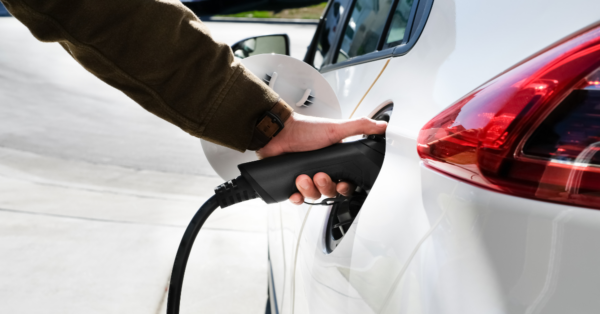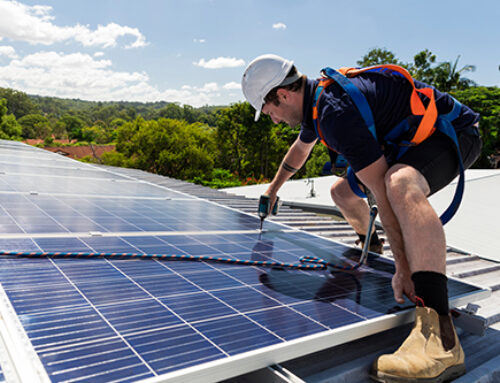Master Electricians Australia (MEA) is proud to support the upcoming New Vehicle Efficiency Standard (NVES), a transformative policy set to take effect on 1 January 2025. This significant initiative is poised to reshape the Australian automotive landscape by ensuring that only the most fuel-efficient vehicles are available, delivering both economic and environmental benefits.

The introduction of NVES aligns perfectly with MEA’s core advocacy for electric vehicles (EVs) and bi-directional charging technology. By increasing the number of EVs on the road, we can enhance the utilisation of excess storage space for solar energy, contributing to a more sustainable and efficient energy ecosystem.
The NVES will bring several key benefits to Australia:
- Enhanced vehicle efficiency: Car manufacturers will prioritise sending their most fuel-efficient models to Australia, ensuring that consumers have access to advanced, eco-friendly vehicles.
- Economic savings: Australians can expect over $95 billion in fuel savings by 2050, thanks to the adoption of more efficient vehicles.
- Environmental impact: The NVES will significantly reduce greenhouse gas emissions, equivalent to the CO2 produced by a small country, making a substantial contribution to our environmental goals.
Diverse vehicle options: The standard ensures a wider range of diesel, petrol, hybrid, and electric vehicles for various work and leisure needs.
The 2024-25 Budget has allocated $84.5 million over five years to establish the NVES. This funding will support the creation of a regulatory framework and facilitate credit trading between manufacturers, ensuring a smooth transition and effective implementation of the scheme.
MEA believes that the NVES will not only drive the adoption of EVs but also support our broader goals of promoting renewable energy and sustainable practices. For more information, visit energy.gov.au.




